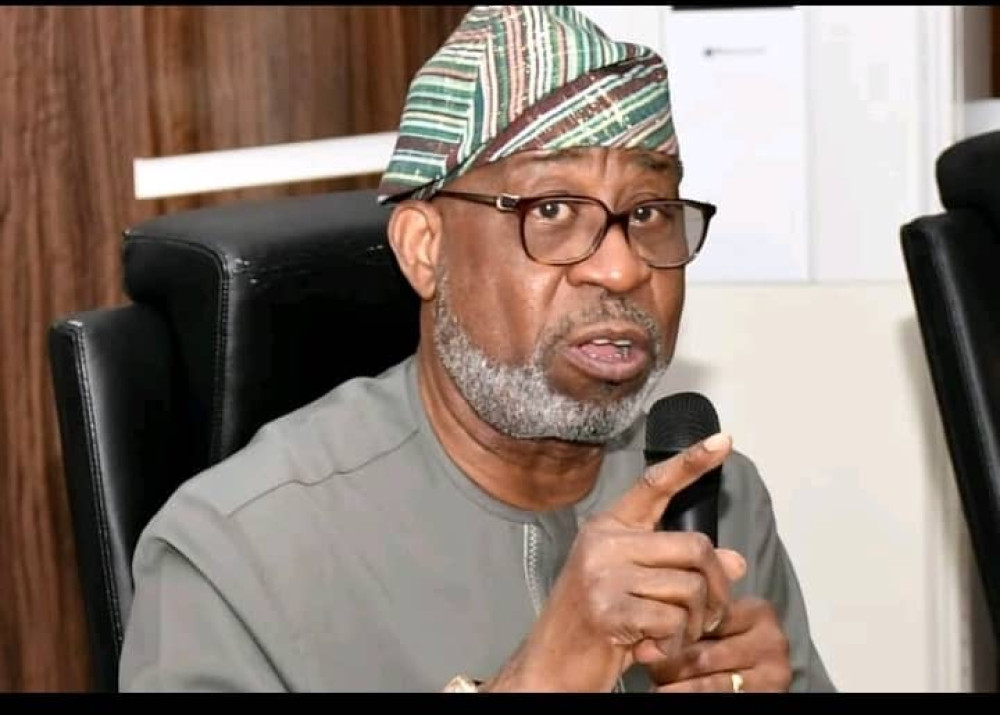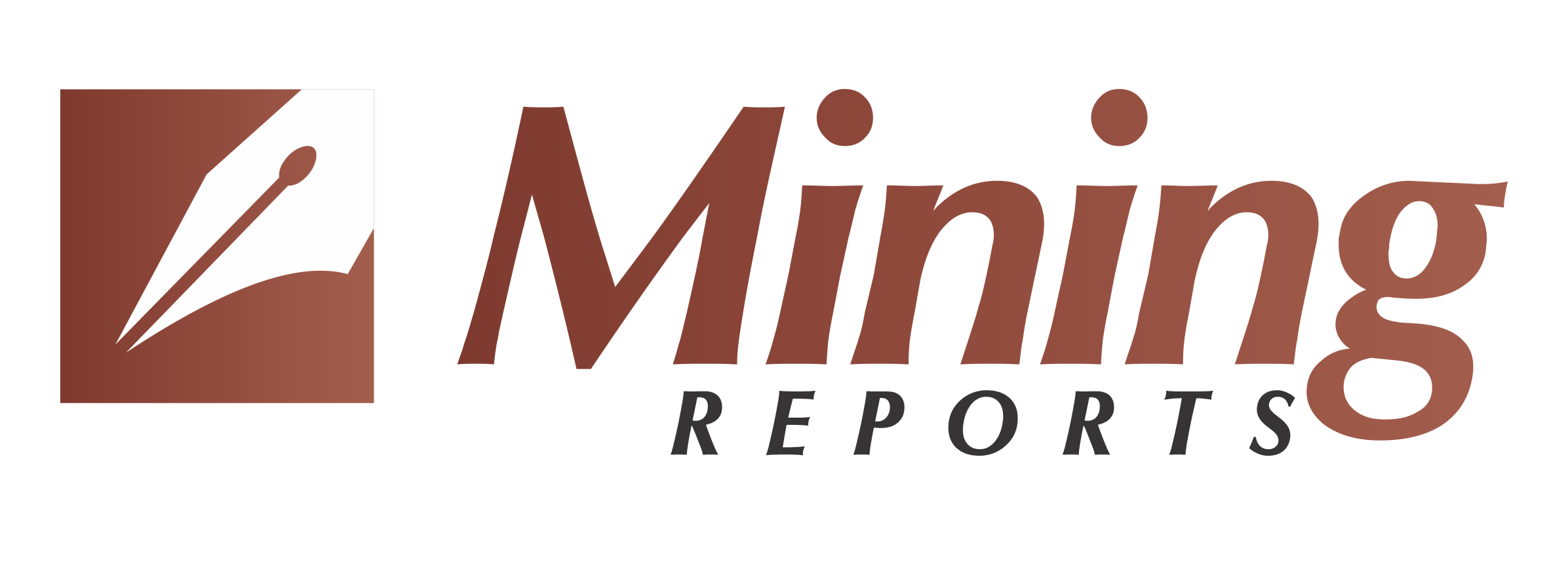This information was shared by the Minister of Solid Minerals Development, Dr. Dele Alake, during the second Annual Mining Conference organized by BusinessDay in Abuja.
Dr. Alake attributed these results to the Ministry's heightened investor engagement and policy reforms that have increased confidence and activity within the industry. The Mining Cadastral Office (MCO), which is responsible for processing mining permits, received 955 applications: 651 for exploration, 270 for small-scale mining, 49 for quarry activities, and 24 for reconnaissance. Out of these, 867 applications were approved, which included 512 exploration licenses, 295 small-scale mining leases, 60 quarry leases, and 5 mining leases.
The collected fees were derived from application fees, service charges, and renewals of existing permits. Furthermore, Dr. Alake mentioned that the MCO has enhanced its conflict resolution processes, resulting in a decrease in the number of disputes over title overlaps and ownership.
In terms of reforms, the Minister announced that efforts are underway to establish the Nigerian Solid Minerals Corporation, a dedicated investment body aimed at enhancing Nigeria's competitive edge in the global mining landscape. "The corporation’s framework is in the final stages of development with the Ministry of Finance Incorporated (MOFI), which will enable Nigerians to invest through a public offering," he stated. The ownership distribution will comprise 25% for the Nigerian public, 25% for the government, and 50% for private investors.
Additionally, Dr. Alake reported that the ministry has exceeded its 2024 revenue goal by generating N38 billion, significantly higher than the anticipated N11 billion.
He underlined the increasing worldwide interest in Nigeria’s mining capabilities. Under a new Memorandum of Understanding (MOU) signed between Presidents Bola Tinubu and Emmanuel Macron, France has committed to support the Nigeria Geological Survey Agency (NGSA) and provide international training for young geologists. Moreover, Australia has agreed to facilitate ongoing training for Nigerian mining professionals, with the first group scheduled to depart next month. Investments from the UK and Saudi Arabia are also anticipated in the mineral value chain.
Dr. Alake highlighted the effectiveness of Nigeria’s value addition policy, which promotes local processing of minerals. This policy has contributed to Nigeria's selection as the first chair of the African Minerals Strategy Group (AMSG). “We've established Nigeria as a frontrunner in Africa's mining sector. Currently, numerous lithium, bauxite, and gold refining facilities are expected to begin operations this quarter,” he noted.








Comment on this Post
Comments (0)